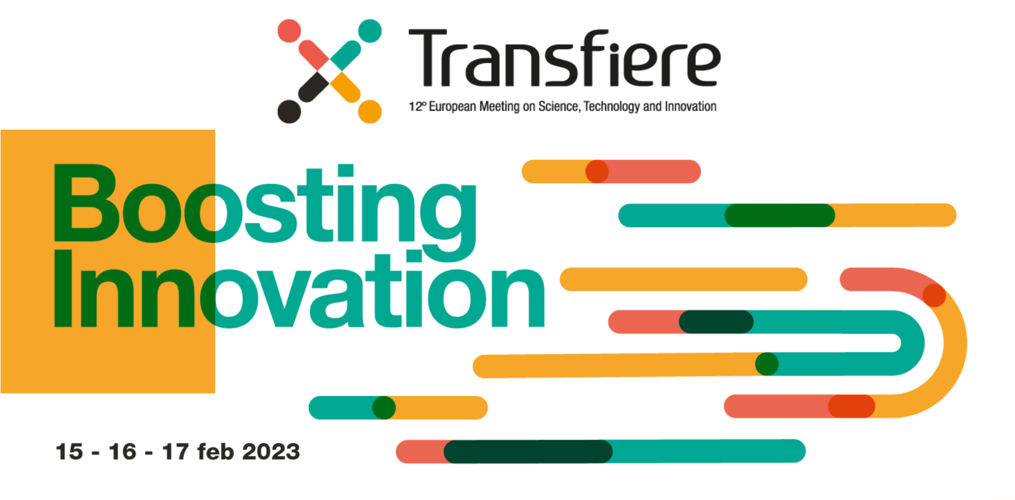
As with all years, LifeWatch ERIC can be found at the 2023 edition of Transfiere, the European Forum for Science, Technology and Innovation. The Forum is held from Wednesday 15 February until Friday 17 February at the Malaga Trade Fair and Conference Centre (FYCMA).
Not only will the infrastructure be present with a booth, but the LifeWatch ERIC ICT-Core management team, together with coordinators of projects already underway at a global, European and regional levels, are developing an extensive programme of meetings to establish synergies for cooperation in the use of advanced digital tools for those interested in improving knowledge and eco-sustainable actions on biodiversity, and on the valuation of ecosystem services. LifeWatch ERIC promotes open access to data and resources in order to facilitate analysis efficiency and improve decision-making from public administrations, companies and citizens on climate change and for the preservation of biodiversity across the planet.
On the first day, Wednesday 15, within the Transfiere programme, LifeWatch ERIC will hold a session from 5pm–7pm, open to all participants, on ‘Green and Blue Growth through Technology Transfer, Digitisation and the 2030 Sustainable Development Goals (SDGs)’. Moderated by Juan Miguel González-Aranda, LifeWatch ERIC CTO, it entails the participation of five speakers on five interconnected themes:
Teófila Martínez, President of the Port of Cádiz and President of RETE, International Association of Port Cities and Ports. Her presentation will focus on the strategic vision of the blue economy.
Esperanza Caro, General Director of the Corporation of Municipal Companies of Seville (CEMS), and, from the Seville City Council, is the Spanish representative in the Ariane Cities Network for cooperation in the aerospace industry. In her presentation, she will present the SDGs in local economic development projects.
Rocío Moreno, Deputy Mayor of La Palma del Condado (Huelva) and Treasurer of the Andalusian Fund of Municipalities for International Solidarity Association (FAMSI). In her presentation, she will speak about Agroecology as a motor of development and cooperation.
María Ángeles Real, Deputy Vice-Rector for Scientific Infrastructure at the University of Malaga, where she is Professor of Cellular Biology. She will focus her presentation on publicising sustainable international projects in teaching.
Rohaifa Khaldi, Coordinator of the LifeWatch ERIC Artificial Intelligence Team and Researcher at the Andalusian Interuniversity Institute of Data Science and Computational Intelligence (DaSCI). She will dedicate her presentation to explaining the application of Artificial Intelligence in ecosystem services.
After the round of presentations, the second hour of the session will be dedicated to the debate on this entire thematic area, including participation and questions from the attendees.
The Transfiere 2023 programme includes more than 80 thematic panels, in which more than 400 experts will speak. More than 190 entities, companies and public administrations will be represented in the exhibition area. In the Research Centre space, more than 40 prototypes from research groups, technology centers and public companies will be displayed. In addition, in this event, more than 70 startups and spin-offs have been selected for relationships with international investment funds. The three days of Transfiere will see professionals representing more than 500 companies and entities from 39 countries.